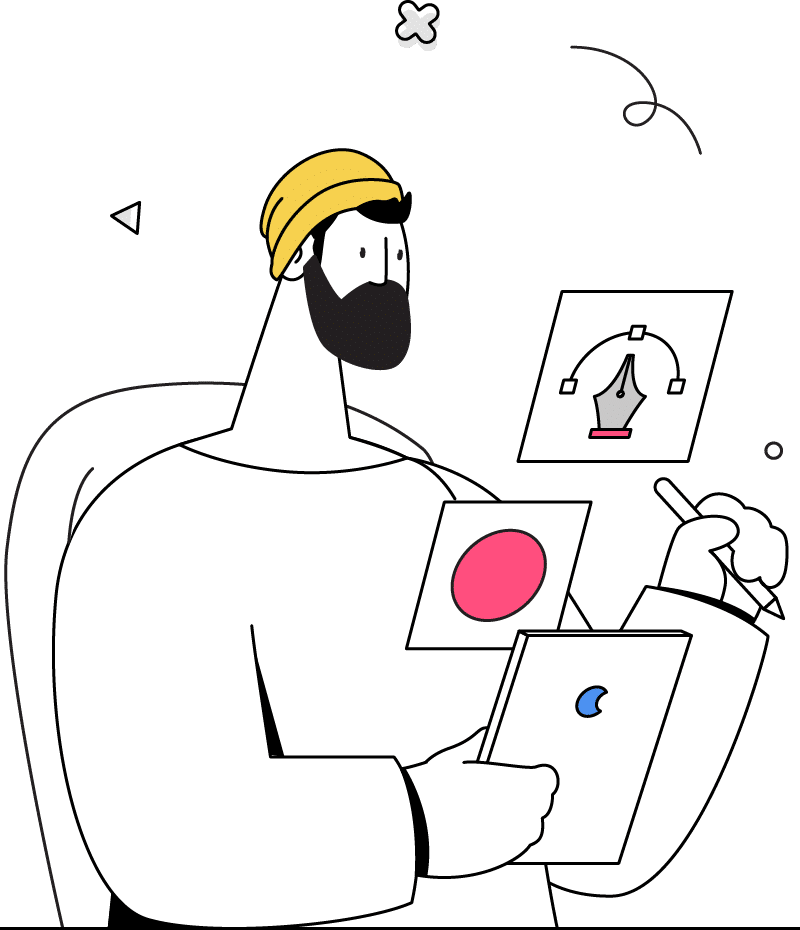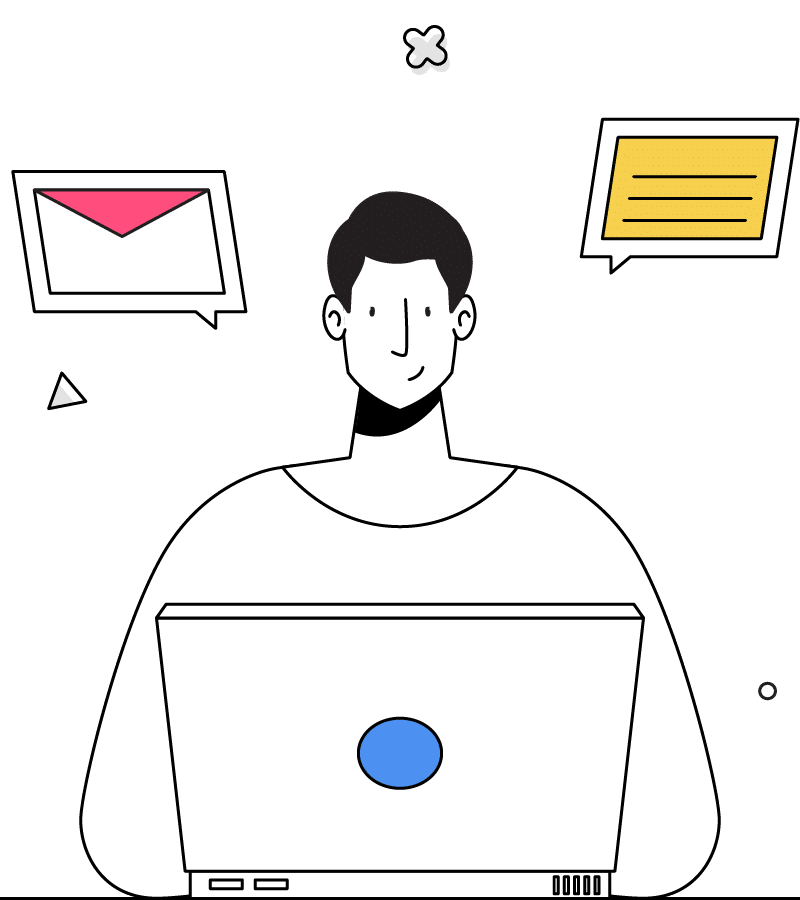FRENCH LEARNING WITH AI
At LinguaTeacher, we utilize the power of Artificial Intelligence to offer an immersive, personalized, and interactive experience in learning French. Forget the traditional, one-size-fits-all methods and embrace a customized learning approach that adapts to your individual learning style, pace, and objectives. Join us on a transformative journey to learn French with the innovative support of AI.


Personalized Learning Experience
One of the key advantages of using AI in language learning is the opportunity for a completely personalized learning experience. At LinguaTeacher, our AI-driven platform assesses your initial French language proficiency using advanced diagnostic tools. It then designs a learning pathway specifically tailored for you, considering your strengths, weaknesses, preferred learning speed, and even your interests. This ensures that each lesson, exercise, and feedback cycle is customized, keeping you motivated and engaged. The AI continuously monitors your progress, adjusting the curriculum to optimally challenge you, thus allowing you to learn French more quickly and effectively than traditional methods.
Constant Accessibility and Support
AI enables 24/7 accessibility to learning French, breaking down the barriers of time and location. Whether you are an early riser or prefer studying late at night, LinguaTeacher’s AI platform is always accessible, ready to help you learn new French concepts or revise previous lessons. Additionally, AI-driven chatbots offer immediate feedback and support, essential for language learners needing frequent practice and timely corrections to achieve fluency. This constant interaction supports consistent practice, which is crucial for effectively learning French. The system also creates exercises and simulations that replicate real-life conversations, aiding in building confidence and mitigating the fear of making mistakes in actual scenarios.

Challenges of Learning French
1. Why Learn French: Unlocking Language Benefits
Learning French is not just an academic goal—it’s a gateway to a wealth of cultural, professional, and personal opportunities. French, often referred to as the language of love and diplomacy, is spoken by over 275 million people worldwide and serves as an official language in 29 countries. Additionally, mastering French can pave the way for enhanced career prospects, particularly in international relations, the culinary arts, and fashion. For students and professionals alike, the ability to communicate in French significantly broadens access to influential cultures and global marketplaces. Whether you’re interested in the rich literary tradition of France or looking to engage more deeply with Francophone countries across Africa, learning French opens up a window to diverse experiences and perspectives.
2. Enhancing Cognitive Skills Through French
Learning French not only enriches communication capabilities but also contributes to cognitive enhancement. Bilingualism, including proficiency in French, has been scientifically shown to improve mental flexibility, problem-solving skills, and even delay the onset of dementia. Engaging with French challenges the brain with complex grammatical structures and a vast vocabulary, fostering neurological development and increasing neural activity. This mental exercise improves memory, alertness, and multitasking abilities, which are valuable in any professional or personal environment. Moreover, the process of learning a new language like French enhances cultural sensitivity and adaptability, skills highly prized in our increasingly globalized world.
3. Practical Tips for Effective French Learning
To effectively learn French, integrating immersive practices into your study routine can yield significant results. Engage with French media such as films, music, and books to familiarize yourself with the nuances of the language and culture. Practical application through conversation clubs or language exchange programs can also accelerate learning and confidence in speaking. Utilizing technology, language learning apps like Duolingo or Rosetta Stone can provide structured lessons and practice exercises that fit flexibly into daily schedules. Moreover, consider formal classes at community colleges or online courses tailored to various proficiency levels to systematically build skills. Remember, consistency is key—regular practice, patience, and perseverance are crucial in mastering French.
FAQ
How long does it typically take to become fluent in French?
Fluency in French can vary depending on the individual’s language learning background and regularity of practice. Generally, with consistent study, one can achieve functional fluency within 6 to 24 months.
What are the best resources for learning French?
Some of the highly recommended resources include online platforms like Babbel, Duolingo, and Rosetta Stone, textbooks like “Easy French Step-by-Step”, and immersive experiences like language courses in French-speaking regions.
Is French a difficult language to learn for English speakers?
French is categorized by the Foreign Service Institute as a Category I language, which means it is one of the easier languages for English speakers to learn due to similar linguistic roots.
Can learning French help in my career?
Absolutely! Proficiency in French can open up opportunities in international business, diplomatic services, tourism, and more, particularly in regions where French is a lingua franca.
Are there cultural benefits to learning French?
Learning French provides direct access to rich literatures, films, and histories of French-speaking countries and enhances understanding and appreciation of their cultures.
What is the best way to practice French if I don’t live in a French-speaking country?
Engaging with local French communities, online French-speaking forums, and utilizing French media like books, movies, and radio are effective ways to practice the language outside French-speaking countries.
Learn French
Find out more about French learning.
French Theory
Find out more about French grammar theory.
French Exercises
Find out more about French grammar practice and exercises.

